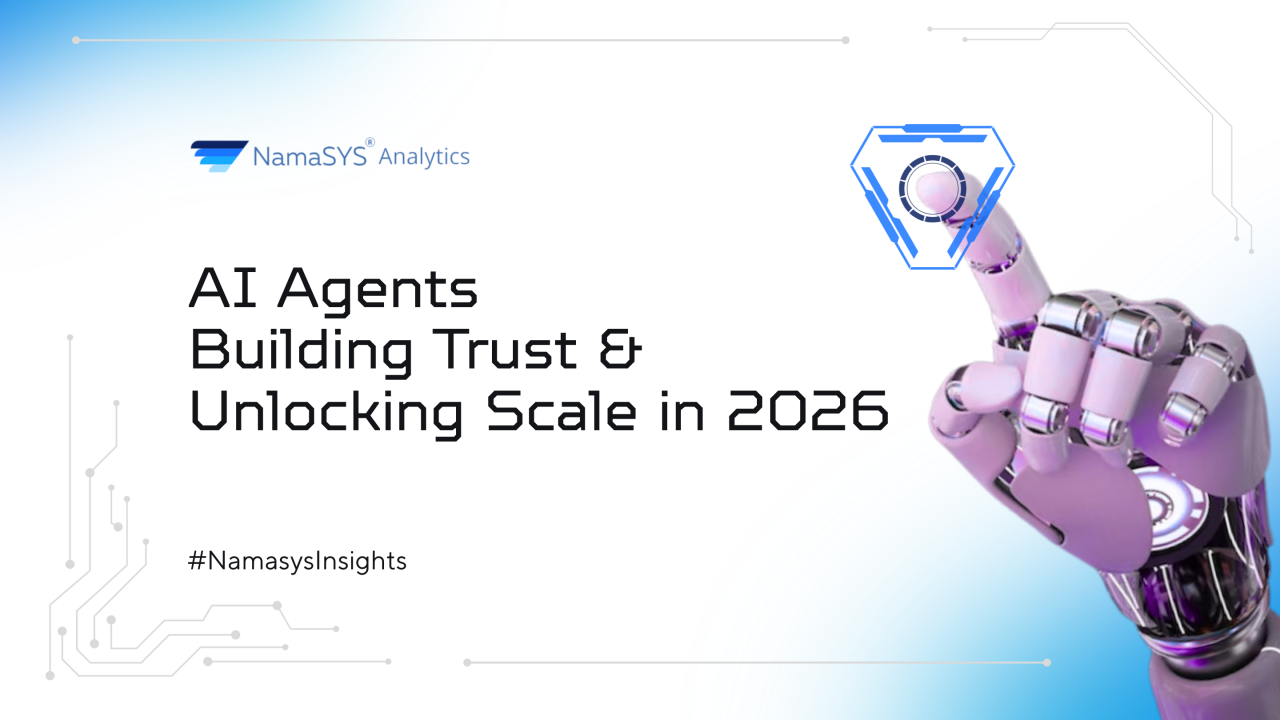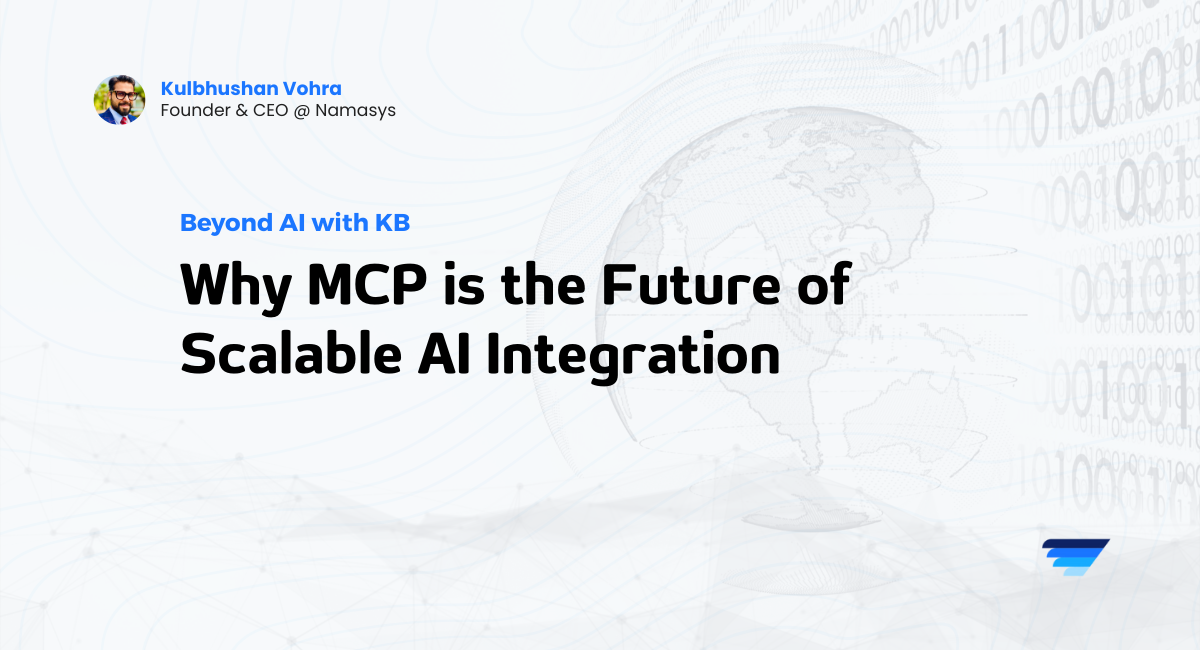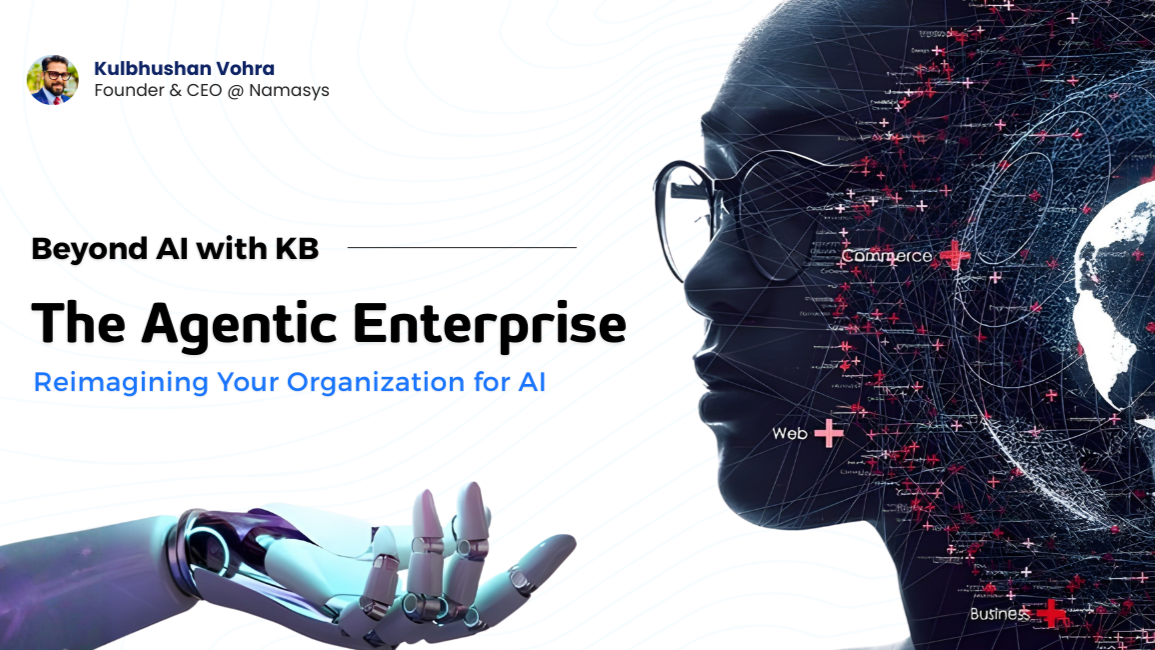
Jan 6, 2026

Enterprise AI hits a new ceiling: scaling agents now depends on trust, traceability, and governance, reshaping infrastructure, APIs, roles, and operating models beyond raw intelligence in 2026.


In the current era of AI acceleration, agility is the new infrastructure. Enterprises today aren’t struggling to gather data—they’re overwhelmed by the effort needed to connect AI agents with the right tools, systems, and real-time data sources.
APIs were supposed to solve this. But in practice, each tool still demands a custom integration, fragile orchestration, and endless maintenance.
Enter MCP (Modular Connection Protocol)—a quietly transformative architecture that’s positioning itself as the TCP/IP of intelligent systems.
MCP is not just a protocol. It's a paradigm shift.
Imagine if your AI agent could interact with AWS, Slack, internal Postgres databases, local files, or even Docker—all using the same standardized interface. No new SDKs, no bespoke APIs. Just plug, speak, and act.
That’s what MCP delivers: a universal language for AI systems to securely, efficiently, and intelligently connect to any data source or tool, in real time.
For founders and builders focused on modularity, scale, and time-to-value, this is a game-changer.
At its core, MCP defines a standardized way for AI clients to talk to MCP Servers, which in turn connect to specific tools, databases, or services.
Each MCP Server:
Your AI agent (the MCP Client) can invoke these components dynamically, based on user intent or system logic, without needing to worry about how each tool is wired under the hood.
Let’s say your product team needs a weekly product update report, generated automatically from:
Traditionally, you’d spend days building brittle integrations. With MCP, your AI assistant simply:
All with no knowledge of underlying APIs. That’s the promise of a true AI-native interface layer.
Here’s why MCP isn’t just a developer’s toy—it’s a foundational layer for future-proof architecture:
As a founder, you’re balancing innovation velocity with operational complexity. MCP solves one of the silent killers of scale: integration fatigue.
Instead of building glue code for every new SaaS, cloud function, or data store—you abstract it. Your AI stack becomes composable, flexible, and far easier to govern.
And when you start designing systems with MCP-native intelligence, the AI doesn’t just react—it navigates, selects, and orchestrates tools across your ecosystem.
Just as Kubernetes abstracted away infrastructure primitives, MCP abstracts functional primitives for AI.
In this world, your AI isn’t “hooked into” your stack—it becomes part of it.
MCP isn’t the future because it’s trendy. It’s the future because it’s inevitable. In a world where AI systems must move fast, reason well, and integrate broadly, standardization is the only way forward.
As builders and thought leaders, the question isn’t if we’ll adopt modular connection protocols—it’s how quickly we can re-architect our systems around them.
Interested in implementing MCP into your AI workflow or platform?
Let’s connect. I’m always open to discussions, pilots, and partnerships.

Jan 6, 2026

Enterprise AI hits a new ceiling: scaling agents now depends on trust, traceability, and governance, reshaping infrastructure, APIs, roles, and operating models beyond raw intelligence in 2026.


Jan 21, 2026

Agentic AI is reshaping enterprises: how 5-person teams outperform departments, why governance matters, and what CXOs must redesign as autonomous agents flatten org structures.

Bring clarity, efficiency, and agility to every department. With Namasys, your teams are empowered by AI that works in sync with enterprise systems and strategy.